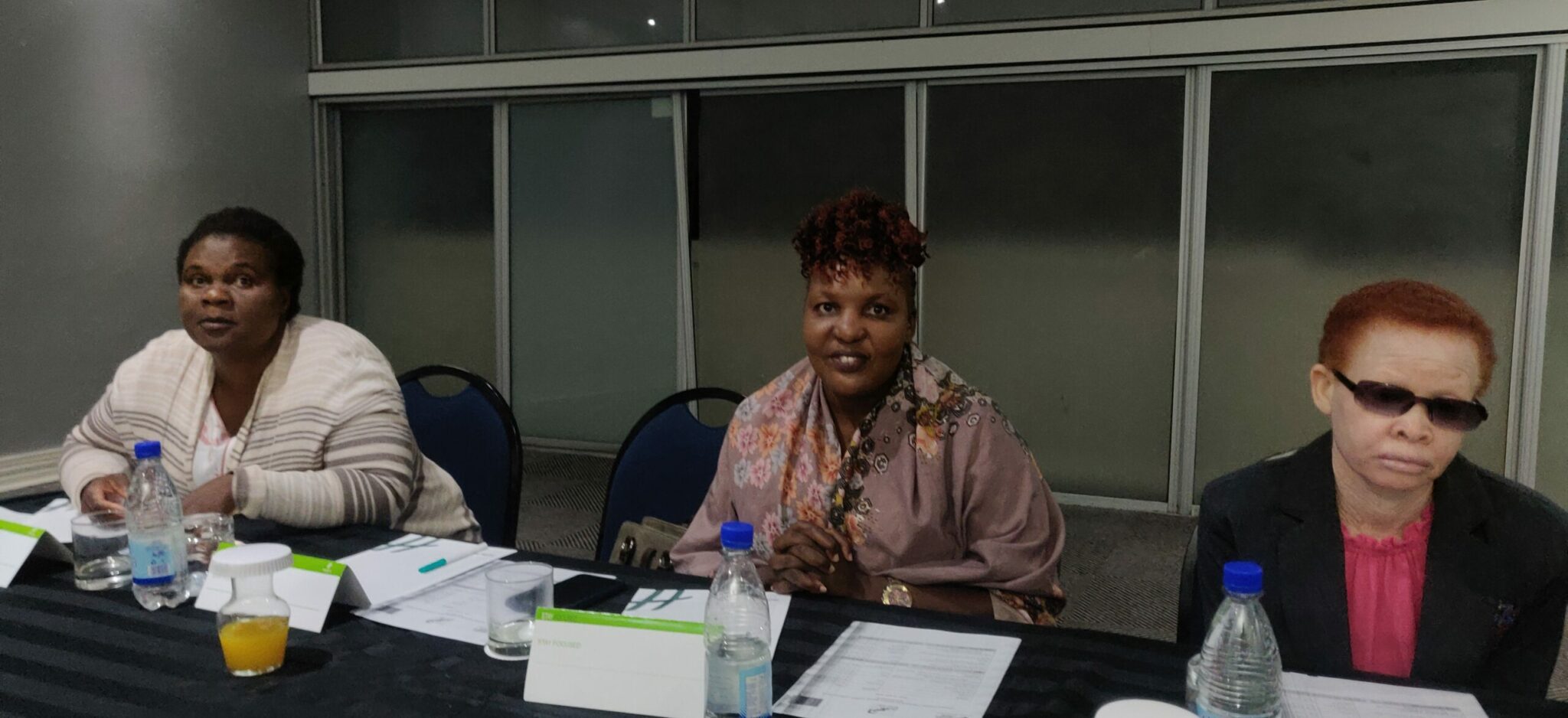There is a need to educate both the electorate and elected councillors on the roles of Proportional Representation (PR) councillors, according to PR councillors, who said the lack of awareness is hindering their ability to serve effectively.
This issue came to light during a workshop organised by the Election Resource Centre (ERC) in partnership with the Bulawayo Progressive Residents Association (BPRA) on Friday.
The workshop discussed the role of women’s quota councillors in local governance under the theme, “Strengthening the role of women quota councillors in local governance.”
The local government quota for women was passed into law through the Constitutional Amendment Bill Number 2 Act of 2021. PR seats constitute 30% of council seats.
Speaking during the meeting, ERC Project Manager Blessing Makwara said their goal is to engage councillors elected through the quota system to empower them to serve effectively in local governance.
“We aim to increase the capacity of councillors in local governance issues,” he said. “One of the ongoing challenges we face is how PR councillors should identify themselves – as PR councillors, part of the quota system, or simply as councillors?”
Proportional Representation councillor Lezina Mohamed highlighted the power struggles between elected councillors and PR councillors.
“It’s not easy,” she said. “We can collaborate with people on programs, but there are still power struggles. Elected councillors sometimes feel like we are overriding them, but we are all elected to serve the people, not individuals. In my view, I don’t report to the elected councillor; I inform them about meetings or issues raised by residents.”
Mohamed emphasised the need to educate elected councillors on how to collaborate with PR councillors.
“There are scenarios where the councillor will tell you that you don’t have a ward,” she said. “People need to be educated on how to work together effectively. The easiest way is to have an agreement with your elected councillor. This way, things flow smoothly.”
Ward 25 PR councillor echoed the need for capacity building among councils on the roles of PR councillors.
“This PR system is new, and people haven’t understood it yet, from the council level to the community level,” she said. “I think everyone should be trained on how we can all work together. Those in parliament are already used to this system and don’t face these challenges.”
She added, “We should keep learning, and I believe that in time, there won’t be discussions about who is taking whose ward or who sent whom. We need training on how to work together effectively.”
Ward 23 Councillor Ntombizodwa Khumalo attributed challenges to a lack of awareness and systemic issues affecting PR councillors’ roles.
“We are all councillors, elected through different systems, but we all serve the same purpose,” she said. “The attitude of some elected councillors might be affecting some PR councillors, but I don’t think it’s just an attitude issue. It’s a combination of systemic issues and a lack of awareness. PR councillors themselves insist on being identified solely as PR councillors.”
She advocated for training programs for PR councillors to enhance their understanding and operational efficiency.
“They need training to understand their roles and responsibilities,” she said. “If they don’t understand themselves, how can they expect the people at the grassroots level to understand? This lack of clarity creates confusion.”
Councillor Sikhululekile Moyo of Ward 17 highlighted challenges related to PR councillors’ engagement with communities.
“I had a report-back meeting, and it was addressed by councillors who felt we were neglecting them,” she said. “I would have preferred if they had offered suggestions on how we could work together more effectively. The communities in the ward readily accepted us. The issue might be that some elected councillors weren’t available or ready to collaborate with us when we were elected. In some wards, people understand the roles of PR councillors, so it’s not a universal challenge. Perhaps some elected councillors simply weren’t ready to work with communities, even though they were elected to represent those communities.”
BPRA Gender Officer, Abigail Siziba, emphasized the need for budgetary allocations for PR councillors to implement development projects.
“Elected councillors have access to the ward retention fund, but PR councillors have no direct access unless the councillor they are working with is willing to share,” she said. “This lack of access makes it difficult for PR councillors to contribute to development projects in their wards. As a result, the electorate may perceive them as not contributing to their community’s development.”
Siziba concluded by stressing the importance of changing mindsets.
“Based on the testimonies today, I believe we need to change the mindsets of both the electorate and elected councillors regarding PR councillors and their roles so that they are afforded space to effectively represent the concerns of women in local government,” she said.

